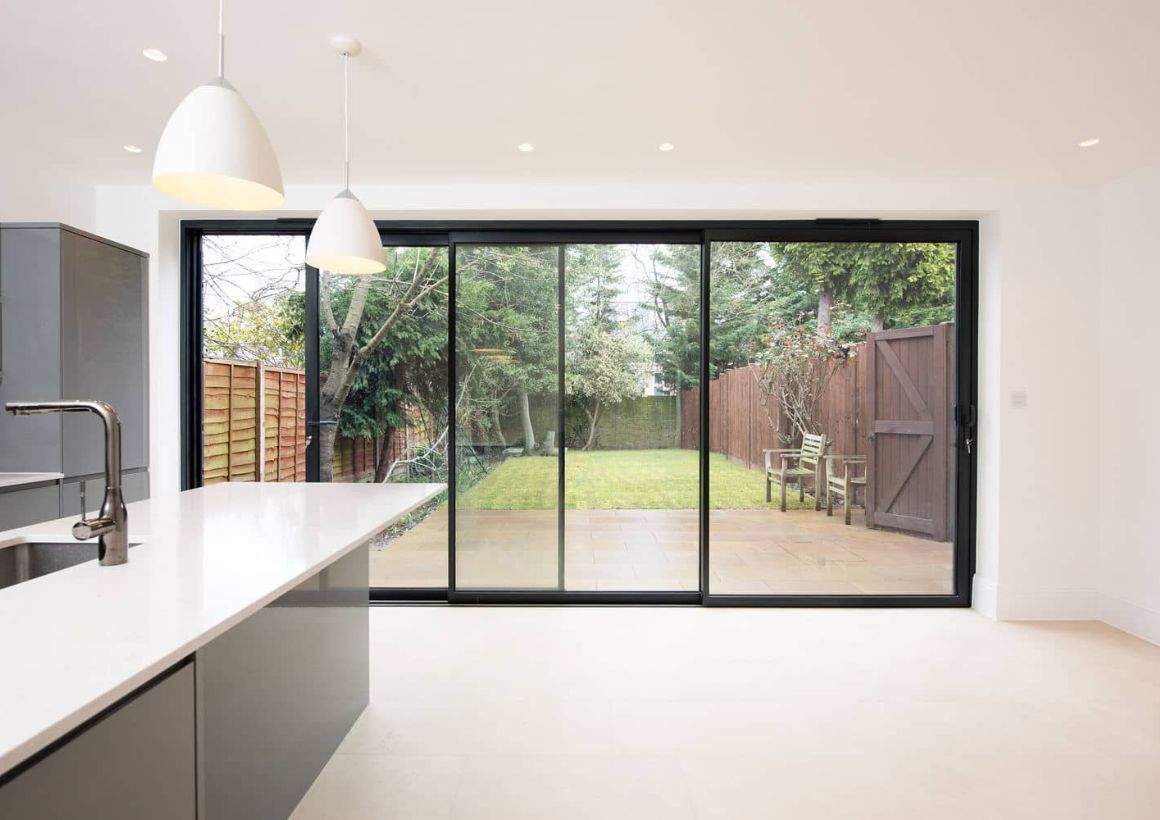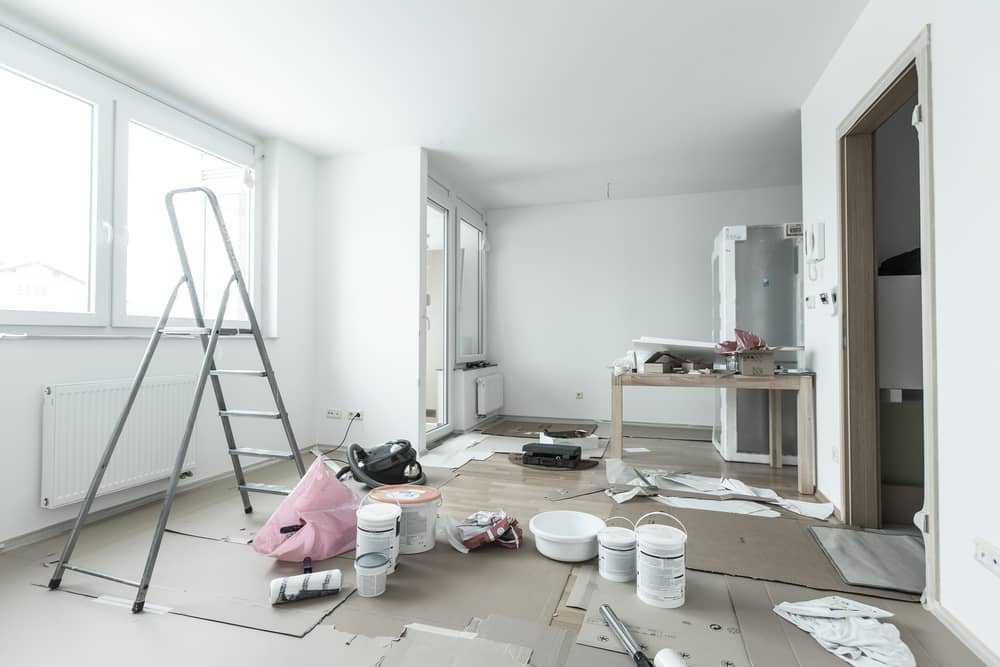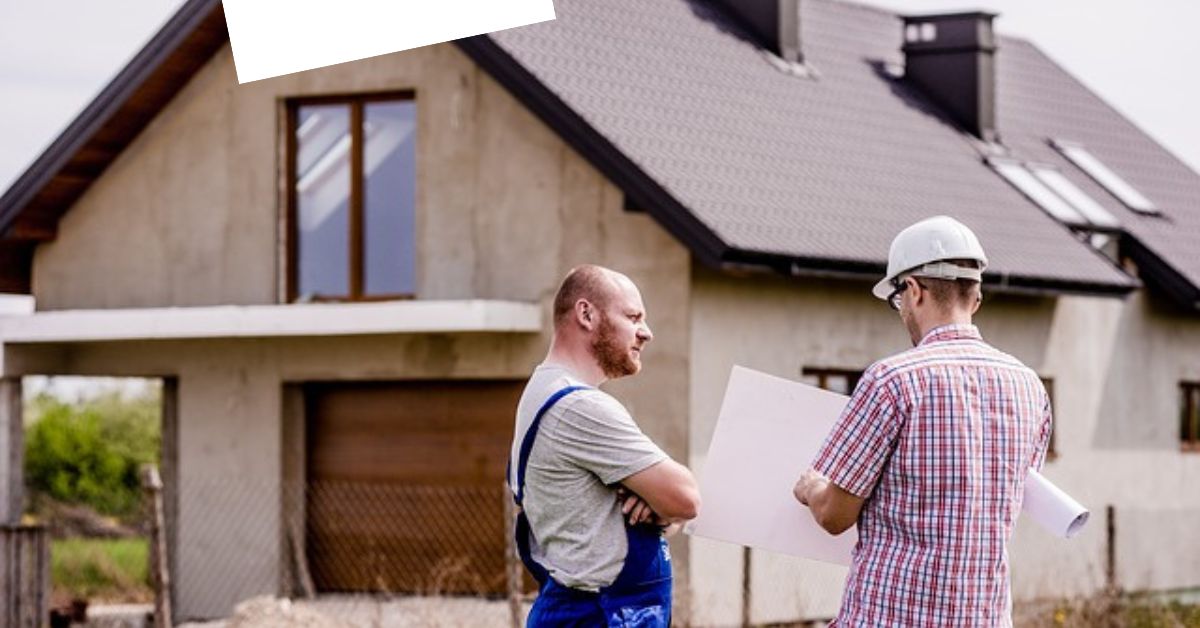If you are planning a home extension, you might be wondering if you need to planning permission. Unfortunately, there is no one answer to this question. Whether or not you need planning permission will depend on what type of extension you are planning.
What is planning permission?
Simply put, planning permission is permission granted by your Local Planning Authority to carry out building work. Planning permission, if required, should be granted before any work begins. If you start before your necessary planning permission is given you could face an enforcement and, worst case scenario, be forced to take the building down.
Why might I need planning permission?
Planning permission is not needed for every extension. There are rules called Permitted Development that allow certain types of work to be carried out without planning. We recommend you contact your local planning authority to check whether planning is required before any work begins.
You might require planning permission for a number of reasons, for example if you want to
- Build something new
- Build a larger extension that what is allowed under permitted development
- Change the use of your building
Single-story extensions
You will not need planning permission for a single-storey extension if it falls within Permitted Development rights. For larger extensions that are bigger than 8m to the rear (6m for a semi-detached or terraced house) or higher than 4m to the side must apply for planning permission. Side extensions must have a width of no more than half of the original building.
Two-story extensions
Double-story extensions can be a little more complicated. All side extensions of more than one storey will require householder planning permission. You will be covered by Permitted Development, providing the extension adheres to certain conditions. For example, the extension must not extend more than 3m. Additionally, two-storey extensions should be within 7m of any boundary opposite the rear wall of the house. Your extension should not obstruct your neighbour’s view and any upper floor windows in a side elevation must have obscured glazing. The roof pitch must also match the existing house as much as practically possible.
For a full list of Planning rules for proposed extensions, visit the Planning Portal website.
Garage conversions
It is estimated that only 10% of garage conversion will require full planning permission. Garage conversions can be done under Permitted Development rights if the work being carried out is internal. If you need to change or extend the existing structure or if you are changing the garage into living space, planning permission will be required.
Loft conversions
Planning permission for loft conversions depends on the size of the converted space and the type of house you have. For a detached house, the volume of enlargement must not exceed the original roof space by more than 50 cubic metres, or 40 cubic metres for terraced houses. Adding a dormer window can fall under Permitted Development, but they must not exceed the height of the existing roof.
Basement conversions
Planning permission for basement conversions is not usually required if the basement is already an existing space. If you want to convert your basement into a functional space, this should normally be fine. However, if you do not already have an existing underground space, then you will most definitely need planning permission as this involves excavation work.
Listed buildings
Listed buildings will require planning permission. When it comes to listed buildings, the structure and overall aesthetic of the house need to be preserved. Before extensions can be built, it will need to be determined whether the structure of the house will be altered to a point which alters the history of the house. Any work to alter, extend or demolish the building that affects its character as a building of special interest will require consent from the Local Planning Authority.
Vetted and Approved
The Association of Master Tradesmen has finely selected building companies nationwide. Our members are strictly vetted, checked, and continuously monitored throughout their membership to ensure the highest standard of work.
Whether it’s a price for a house extension, garage or loft conversion or an internal renovation, we will find Master Builders who are right for you and what you want to achieve.
Unlike other associations, we don’t automatically match the builders to you. We carefully select the building company that matches your criteria. To find a builder, post your job on our website.






